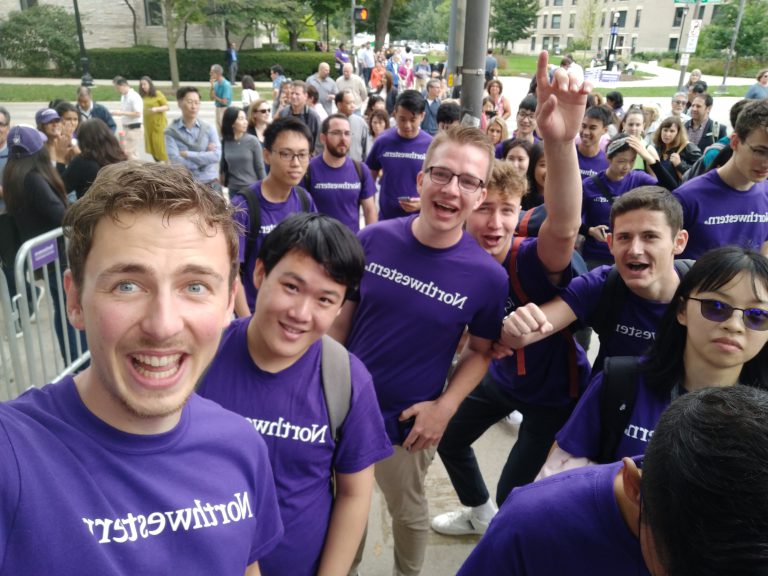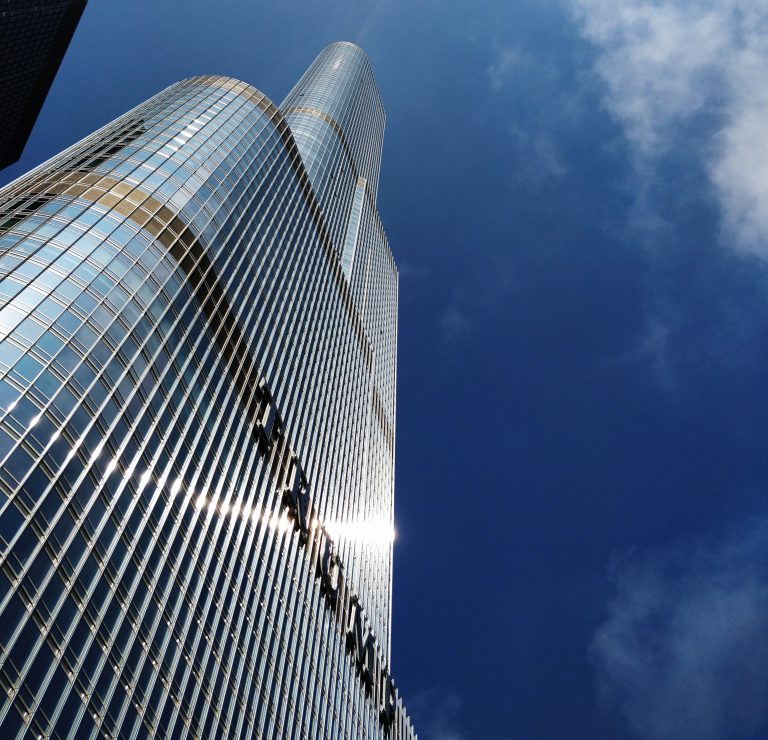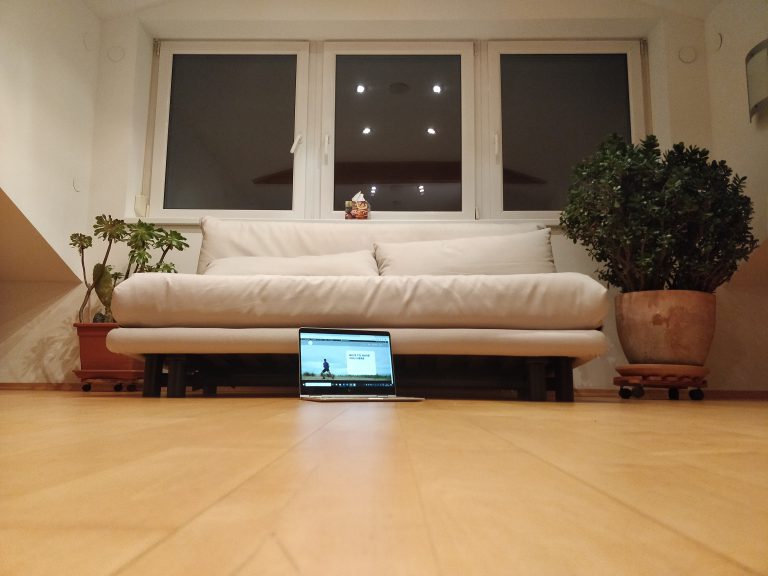“Hiii, welcome at The Best Restaurant. I’m Cate and I’m happy to be serving you today!”
“Do you have any questions? Is everyone ready to order?”
“What a great choice!”
Reading these quotations, you might judge Cate to be an artificial, awkward and exaggerated waitress. She seems to be overly enthusiastic, faking excitement and friendliness in order to implicitly steal your money because you would have to tip her more. In an Austrian restaurant, it’s unimaginable to have such a waiter. A few thousand kilometers west, in Chicago, I’ve experienced several Cates. In the beginning, my European brain was shocked. I felt shame for her and her attempts to show enthusiasm, to make us feel loved during our stay in The Best Restaurant. Having arrived back home, my perspective has changed. Cate and the Americans have understood a basic idea:
Enthusiasm is not inherently bad.
In Austrian restaurants, waiters often seem to die from within while you give them your order. Asking them for the bill, they seem to have been slapped in the face by your question. I might exaggerate, but after four months in the US, this seems to be the case. Restaurants are not the only place where people seem to lack enthusiasm for their jobs. It’s a phenomenon that can be observed across all our society and expands far beyond the Austrian borders. To me, this is a major cultural difference between here and America.
Low excitement society
On my first weekend back in Austria I logically went hiking. We slept on a hut where I met an American couple through whom I learned to see this difference in enthusiasm very clearly. He is from the States, she’s Austrian and they have lived in the US with their children for 16 years. The first thing I noticed was that he was the most excited person to hear about my stay in the US, out of all the people I had met in Europe after returning. Next, I had a conversation with her about cultural differences between the countries. She told me about her children craving to study abroad, to leave Austria due to the low enthusiasm among peers and teachers at school. They feel surrounded by people without the drive to start new projects, who are reluctant to show the slightest excitement for new encounters and experiences.
What seems to be an artificial façade to gain more tip money is just a symptom of a society that builds its success on a basis of enthusiasm. I don’t claim that Americans are happier or love their jobs more. What they’ve achieved though is the first step towards more smiles and laughs: Acting as if the world was something to be passionate about. Bartenders, train drivers, and professors have inspired me with their energy and positivity towards what they were doing. In Austria, we are the opposite. People avoid showing their excitement, they hide from demonstrating their energy. From the outside, it seems as if lives here were less exciting overall as if enthusiasm were something unusual.
Dangerous enthusiasm
I want to take my claims one step further. My impression is that people in Austria are afraid of enthusiasm. Most of this impression is derived from my own experience. As a highly energetic person, I often smile and openly show my positive feelings towards work I’m doing or people I’m engaging with. A key example was when I did a summer job in a supermarket in 2015. To be honest, it was the worst job I’ve done in my life, refilling the shelves with toilet paper, fruits, and vegetables. On Saturdays, I would start working at 7 am, restocking fresh fruit just after its arrival in the morning. I was tired and unmotivated, but made the best of it, trying to smile and arrange the fruits with some degree of motivation. One day, my boss saw me doing that and said with the grumpiest voice imaginable, “Now you’re a smiling weirdo, huh. Could you hurry up a bit?”
Thanks to my boss back then, I have a theory about why enthusiasm is hard to find in this country. It’s considered dangerous. What if these smiles are hiding a reluctance to work well? What if this high energy gives people stupid ideas?
At the heart of this phenomenon lies a difference in important values. While in the US, demonstrating passion is fundamental to the country’s philosophy, in Austria we appreciate being in control. Change is considered the enemy of this feeling of control while continuity is what people are striving for. An excited, young supermarket worker at 7 am on a Saturday challenges this Status Quo. He’s supposed to be unmotivated, working fast to get over his daunting task. Something’s wrong if he’s smiling. Just like something is suspicious about Cate and her overly friendly questions.
Inhibiting Innovation
So far, we haven’t talked about any significant downsides of the lack of enthusiasm. I doubt that people in the US are generally happier or live a more enjoyable life. However, there is one thing at which the US is better than all of Europe: Innovation. When it comes to successful start-ups, big tech firms, and revolutionary business models, America is often ahead of us. One reason for this, as I see it, is the enthusiasm we’ve been talking about. It’s the culture of excitement for new projects, the mutual encouragement of bold plans and the admiration for passionate people that drive innovation. While a young entrepreneur faces doubt and rejection in Austria, they are more likely to be respected and smiled at in the US.
If we want a culture that promotes change and values passion in Europe, we need to deal differently with enthusiasm. We need not be afraid of showing our excitement. This is something I’m missing after my four months abroad.







